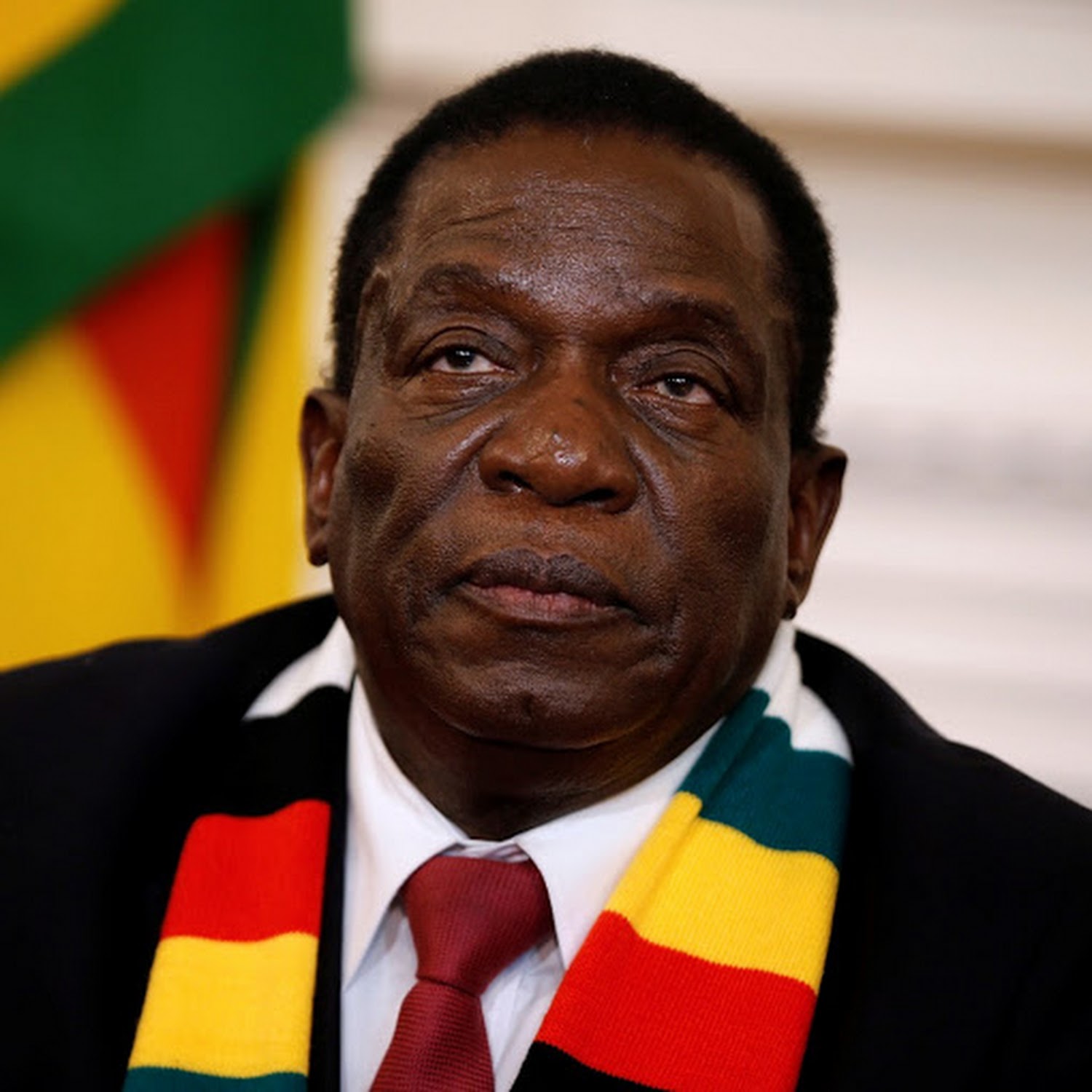President Emmerson Mnangagwa, Saturday, met with Matabeleland chiefs in Bulawayo over the emotive Gukurahundi issue and resolved to allow a victim-centred process and case by case exhumations and reburials, with traditional leaders taking a lead in their areas of jurisdiction.
This is despite the existence of the National Peace and Reconciliation Commission (NPRC) which is tasked by the country’s constitution to spearhead all reconciliatory processes, make sure there is post-conflict justice, healing, reconciliation; develop and implement such programmes to promote national healing, unity and cohesion in Zimbabwe among other initiatives of peaceful resolution of disputes.
The NPRC has also been involved in exhumations and reburials.
Previous efforts by the Mnangagwa administration to resolve the aftermath of Gukurahundi atrocities in which more than 20, 000 civilians were massacred in Matabeleland and the Midlands provinces by the Fifth brigade deployed by the state in the early 1980s, have not yielded anything meaningful.
Political analysts have accused the President of lacking the political will to address Gukurahundi.
The latest meeting resolved that each chief will spearhead the resolution of the issue in their areas of jurisdiction.
“The process will be victim-centred and will also involve key stakeholders engagement,” read the press statement issued after the indaba.
“It was reiterated that the Gukurahundi issue should not be tribalised in order to foster national building and national healing.”
Key outstanding issues highlighted by Matabeleland issues, according to the press statement include documentation (Birth, National IDs, and Death Certificates), underdevelopment and marginalisation of Matabeleland Region, national healing, reconciliation and nation-building, counselling and psychological support, consultation of victims, reburials, exhumations and memorials, reparation and compensation and social security benefits (pensions, free education, social welfare and health services) for the victims.
“Following the deliberation of these issues, His Excellency, the President highlighted that a systematic approach to the resolution of the issues raised should be adopted,” said the statement.
“This will entail feedback on preparedness by a particular chief in issues requiring attention in his or her area of his jurisdiction. Regarding exhumations and reburials, this should be resolved on a case by case basis and the relevant chief should give guidance and directions. Concerning the issue of social security benefits, this shall also be resolved on a case by case basis.
The statement further read: “Issues have been clarified and this should now enable the chiefs to carry out their tasks and their affected communities. The President made it clear that a one size fits all approach would be inappropriate for this programme.”
As a way forward, chiefs were advised to go back to their respective areas to consult on the issues raised.
“So, whichever chief is ready, the President will deploy resources to their area to support the resolution of issues in that area,” said the statement.
“This issue is traditional and should be dealt with by traditional leaders.”

